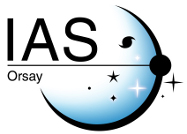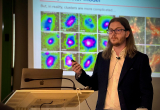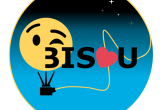Cosmology
Welcome on the pages of the Cosmology team !
Our research reaches from the primordial fluctuations in the Universe down to its structuration at the largest scales in the most recent era. We study how the cosmic web elements are forming and evolving both through modelling and observations.
Latest news








